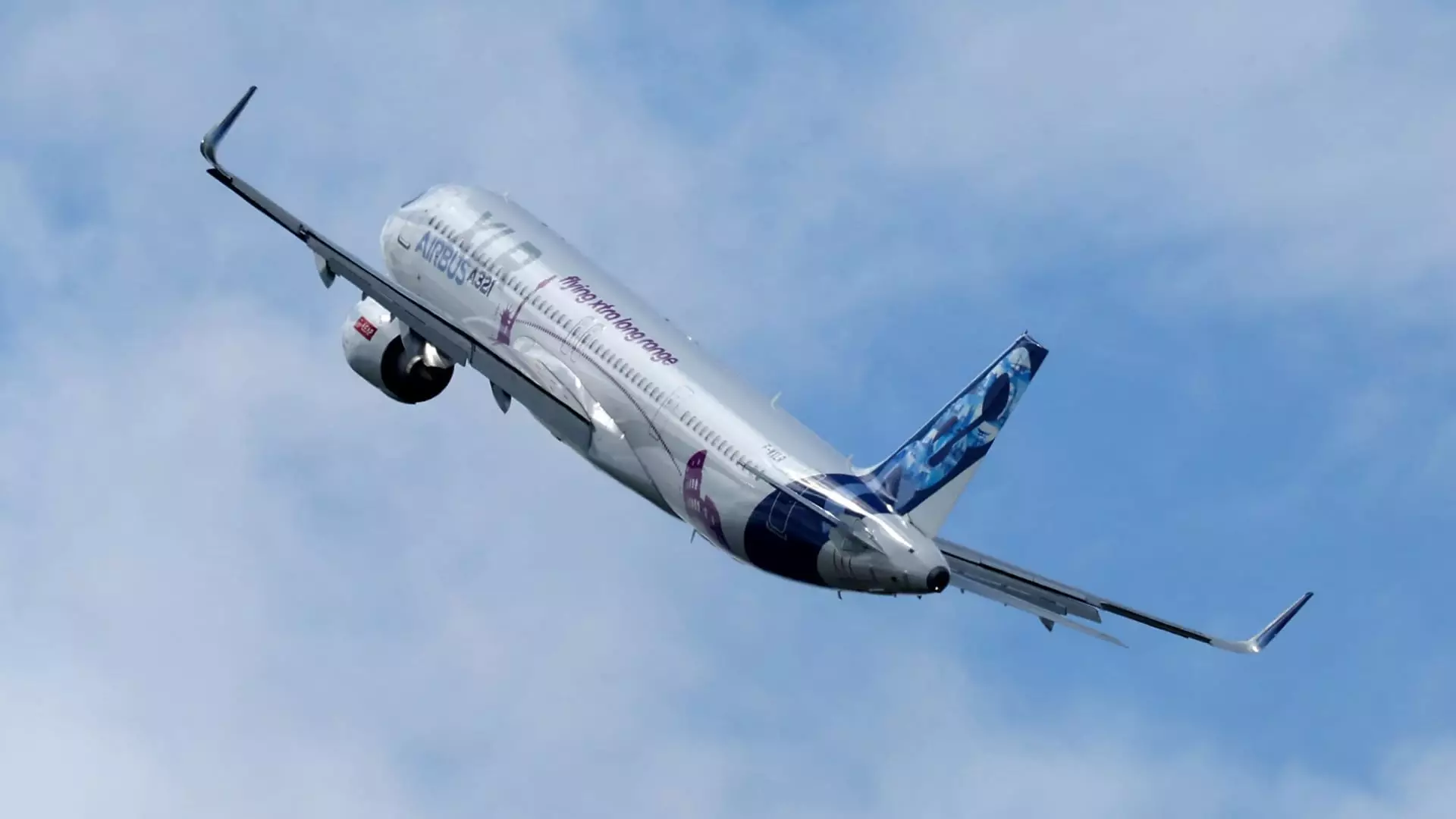In the wake of the pandemic, the aviation industry is facing significant challenges in ramping up airplane production. Both Boeing and Airbus are struggling to meet demand while also dealing with the aftermath of the pandemic that has led to seesawing output. The shortage of new, fuel-efficient planes is leaving airlines, suppliers, and manufacturers in a tight spot. The issue of training new workers to address these production challenges is one that will take years to rectify, according to analysts.
The recent Farnborough Airshow shed light on the struggles faced by Boeing and Airbus as they work to increase airplane production. The focus of the event was less on massive airplane orders and more on the obstacles hindering production. Boeing’s senior vice president of global supply chain and fabrication, Ihssane Mounir, acknowledged the failure to meet commitments in terms of timeliness and predictability. This lack of reliability has led to airlines and suppliers making their own contingency plans.
Production Woes and Financial Strains
Airbus recently reported a 56% drop in adjusted profit, mainly due to charges in its space business. The European jetmaker had to adjust its aircraft delivery targets for the year as production lagged behind schedule. Similarly, Boeing is expected to post another loss for the second quarter, a trend that may continue in the future. Both manufacturers faced a muted order tally at the air show, highlighting the challenges in meeting demand for new aircraft.
Backlog and Production Strains
With a backlog of close to 5,500 planes for Boeing and over 8,000 for Airbus, both manufacturers are struggling to keep up with demand. The shortage of narrow-body jets like the Boeing 737 Max and Airbus A321neo is a looming concern for the industry. Parts shortages, ranging from landing gear to complex cabin interiors, have slowed down production and deprived airlines of more fuel-efficient aircraft. Airbus is taking a more proactive approach by deploying supply chain engineers to address these issues.
As the aviation industry grapples with production challenges, it also faces a looming shortage of skilled workers. The loss of experienced workers during the pandemic has left Boeing and Airbus to train new employees, a process that could take years to address. Industry experts emphasize the need to reset wages to attract workers to the aerospace field and invest in training programs to bridge the skills gap. Both manufacturers are working towards improving production efficiency while addressing the aftermath of the pandemic to ensure a stable future for the aviation industry.


Leave a Reply